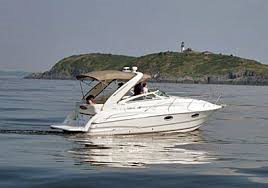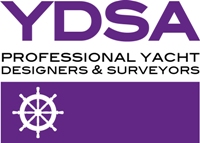Each year boaters die or are made seriously ill from carbon monoxide (CO) poisoning. Boats are built to keep water out, but this also makes them good containers for gases and fumes.
We at European Marine Services are constantly promoting & recommending in our Pre Purchase Surveys the installation / fitting of Carbon Monoxide Detectors on all boats with internal propulsion engines
Carbon monoxide is a poisonous gas that has no smell or taste. Breathing it in can make you unwell, and it can kill if you’re exposed to high levels.
Every year in the UK, more than 200 people go to hospital with suspected carbon monoxide poisoning, which leads to around 50 deaths.
After carbon monoxide is breathed in, it enters your bloodstream and mixes with haemoglobin (the part of red blood cells that carry oxygen around your body), to form carboxyhaemoglobin.
When this happens, the blood is no longer able to carry oxygen, and this lack of oxygen causes the body’s cells and tissue to fail and die.
The longer you inhale the gas, the worse your symptoms will be. You may lose balance, vision and memory and, eventually, you may lose consciousness. This can happen within two hours if there’s a lot of carbon monoxide in the air.
The Norfolk Broads
2016 has been a bad year for CO accidents with the two deaths on Wroxham Broad earlier in the summer. Which if a carbon monoxide detector had been installed – this fatal accident may well have been prevented.
NB: This accident was NOT the result of an installed LPG system, but consequent of engine exhaust fumes
Only this month we had another example of exhaust fumes (carbon monoxide) being released by the engine / exhaust hose installation within the living / accommodation space, which release was detected thankfully by a newly installed detector – Nobody was harmed
It is important to note that CO detectors are NOT currently part of the Boat Safety Scheme – Install CO alarm certified to BS EN 50291-2
CO build-up in the cabin can occur with one or a mix of these factors:
- with faulty, badly maintained, or misused appliances
- exhaust fumes from a boat’s engine or generator PLUS perished / faulty / blocked exhaust hosing
- escaped flue gases from solid fuel stoves
- blocked ventilation or short supply of air – fuels need the right amount of oxygen to burn safely
For more information contact European Marine Services Ltd. Marine Surveyors & Consultants
EMS also undertake Boat Safety Inspections
Tel : 01603 327 123 www.europeanmarinesurveys.com







